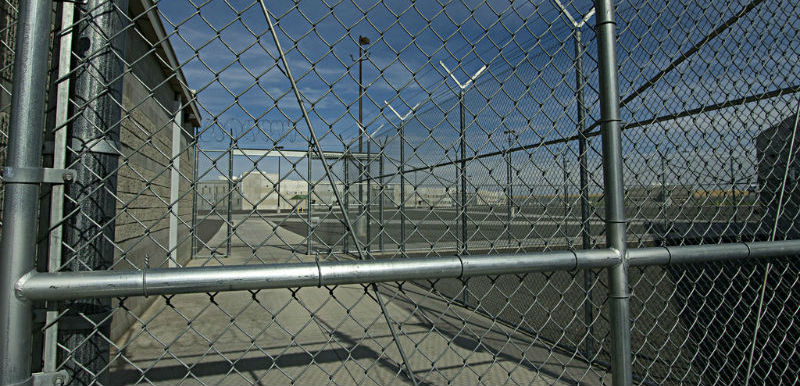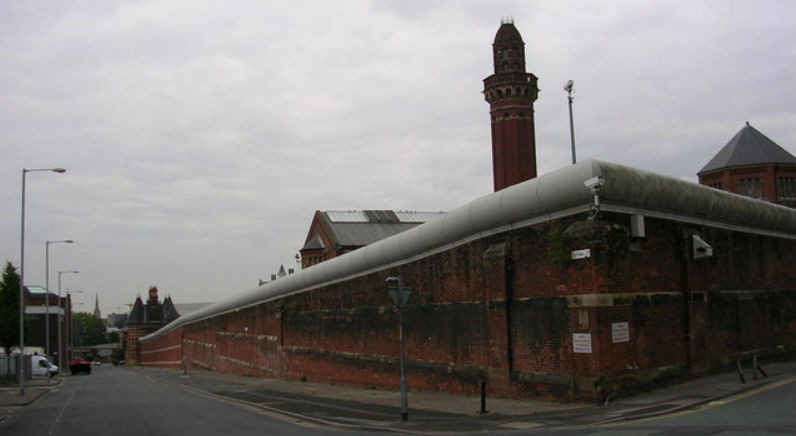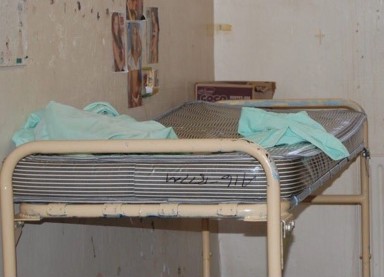Prisons have become a default form of warehousing some of the most troubled and troublesome people in our society. The welfare of some of those most in need is missed, neglected or ignored and it only becomes highlighted as a problem when these same people are imprisoned. A large number of the people we send to prison have grown up in care homes; experienced abuse as a child or witnessed familial violence; can barely read or write and have been expelled or truanted from school; were unemployed or on benefits before imprisonment, and have multiple and often serious mental health problems.

The first and most significant radical alternative to prison is to introduce social policies that are directed at meeting human need and addressing the harms of social and economic inequalities. This means shifting away from a punishment-orientated response towards one grounded in helping and supporting all people in society. For children and young adults in trouble, greater leisure facilities could be made available, such as youth clubs; adventure playgrounds; and educational programmes in music and art. Adult lawbreakers could be helped with community-based employment and job skills training.
Implementing social policies
The current focus of punishing the offender has meant that the victim is largely ignored. One radical alternative would be to turn the system on its head – rather than inflict pain and suffering the aim of interventions would be to provide assistance, help and support for the person who has been harmed. This would ultimately mean providing massive investment in support for victims and redirecting criminal justice system budgets to public social services to help rebuild lives for all. Such justice reinvestment could be used to support women’s refuges; shelters for homeless people, drug takers and other troubled people; or drying out centres.
Alternative means of handling conflicts could also be adopted that can engage constructively with the values and ‘social capital’ already existing in the community. Through peace circles, peer juries, and motivational interviewing, for example, community members can become involved in delivering safety and building new social bonds. New relationships could be developed that could build solidarity and trust rather than deploying the penal law which undermines them. We could also draw more extensively on the civil law and the concept of tort where compensation rather than penalty is the objective of proceedings.
 Her Majesty's Prison, Manchester
Her Majesty's Prison, Manchester
The vast majority of people who break the criminal law are not dangerous and should not be considered as such. There are some people who may, however, benefit from a change of context and environment. One further radical alternative to prison would be to develop ‘intentional communities’ where wrongdoers – and perhaps their families if they so wished – could be relocated to small villages in sparsely populated areas, such as in the northern parts of Scotland. Here they could learn new skills, develop more pro-social attitudes and look to rebuild their lives. Such an intentional community for lawbreakers could also become a form of ‘sanctuary’ where serious offenders could be placed in quarantine to allow for time to cool off; establish grounds for negotiations, and attempt to deliver what might be considered as acceptable solutions.
The benefits of intentional communities
Additionally, the idea of developing an ‘intentional’ or new community could also be available for less serious harms. As a place where people live and share problems together, it could become an option for people with family difficulties. Residential family projects, where each family has a ‘family worker’, could follow a similar model. Some people embroiled within the penal law would undoubtedly benefit from therapeutic interventions and those people who have mental health problem, substance usage problems or require other forms of medical interventions could be offered effective voluntary non-custodial treatments and options to participate in alternative ‘non-punitive’ therapeutic communities. Residential therapeutic communities [TCs] are not only cheaper than prisons but can also deliver better (or at very least no worse) rehabilitation rates than prisons. Indeed, it is estimated that TCs can offer a £200,000 net benefit over the ‘career’ of a substance using offender.
Whilst none of these radical alternatives are easy to implement in a society which is profoundly unequal and currently set on a prison expansionist agenda, it is critical that there is a rational debate about the limitations of the prison and the many different alternatives that can be promoted in its place.
- This article was originally published on The Conversation. Read the original article.






Rate and Review
Rate this article
Review this article
Log into OpenLearn to leave reviews and join in the conversation.
Article reviews